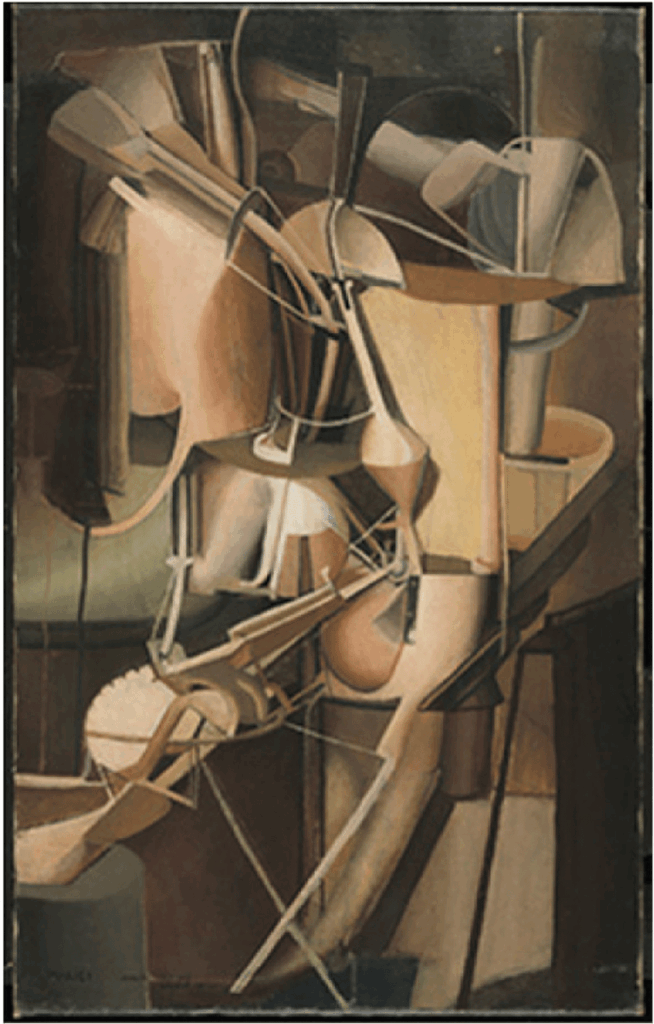This is something I started 20+ years ago.

Varying definitions of shame exist in the fields of anthropology, psychology, psychiatry, sociology, and moral philosophy. Some of the questions arising around shame are whether shame is different from guilt, if it is a positive or a negative force, whether it is a part of private or public sphere, and whether it needs to be viewed through the lens of ethics or psychoanalysis.
Since ancient times shame has most frequently been represented in relation to Athenian democracy. It motivates Socrates’ practice of democratic rhetoric where he uses the notion of shame to conceive a dialog leading towards truth. Plato, on the other hand, claims that democratic rhetoric and practices based on it work through the love of honour and fear of disgrace rather than love of truth and a fear of untruth. According to him, Socrates was manipulating the Athenians’ sense of shame. Contrary to Socrates’ view of shame, Plato indicates that the sense of shame comes to life as precisely that emotional barrier to truth which prevents people from seeing beyond the conventions of their own society. It is not that Plato rejects shame as unnecessary, but he acknowledges it as dangerous and he recognizes a corrupt form of shame leads to corrupt democratic politics.
In Aristotle’s theory of virtue or character ethics, shamelessness is always inadequate because shame can act as an ethical restraint on wrong actions. He points out that always feeling ashamed of everything and never feeling ashamed of anything are states of character to be avoided. Freud’s psychoanalysis simply dismissed shame as infantile and regressive, an emotion fit only for children, women, and savages. For Freud, proper adult emotions were guilt, grief, anger, anxiety. In the post-Freudian society of spectacle and the triumph of therapeutic culture, where the emphasis is put on privacy, guilt becomes a motivating preventive moral force. Such a society is not interested in public shame as a form of expression of societal ‘bad deeds.’ And yet we now find ourselves in a period where we exactly must return to a Socractic understanding of shame:
“Shame on these successive governments, who all competed on related themes of security and the ‘immigrant problem’, so as to cloud the fact that they primarily served the interests of the economic oligarchy! Shame on the neo-racialist and crudely nationalist intellectuals, who patiently covered over the void left inside the people by the temporary eclipse of the communist hypothesis with a layer of nonsense about the Islamic menace and the ruin of our ‘value’! It is they who must now account for the rise of rampant fascism, whose mental development they have ceaselessly promoted.”
Alain Badiou, The Racism of Intellectuals
With all the uncertainty surrounding shame, whether it is public, private, interpersonal, or institutional, a new direction of thought emerged which makes a clear distinction between shame and guilt. It argues that guilt works via individualism, privacy, introspection, ownership, while shame is communal, public, rhetorical, shared. I still couldn’t find any in-depth works on the communal and public aspect of shame and I realized that the discourse of shame is still struggling within the normative societal constrains, unable to find the space in which ‘real’ public shame can happen. Quite opposite to guilt, which I consider a very aggressive emotion and as such mostly concerned with itself, public shame is much more capable of leading towards political change. As Marx stated:
“You look at me with a smile and ask: What is gained by that? No revolution is made out of shame. I reply: Shame is already revolution of a kind… Shame is a kind of anger which is turned inward. And if a whole nation really experienced a sense of shame, it would be like a lion, crouching ready to spring.”
Karl Marx, “Letters from the DeutschFranzösische Jahrbücher”, in Karl Marx and Frederick Engels, Collected Works, Vol. 3, Lawrence & Wishart, London/International Publishers, New York, 1975, p. 133.